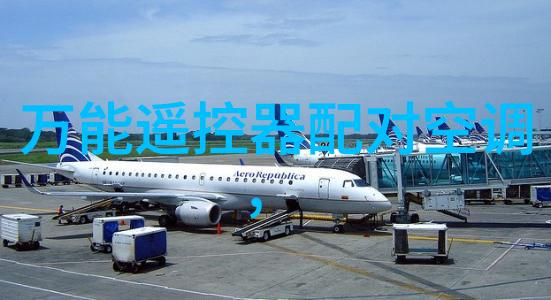工业废气的危害与治理策略

工业废气是指在工业生产过程中产生的有害物质和颗粒物,这些污染物会对空气质量造成严重影响,直接威胁人类健康。随着工业化进程的加速,工业废气问题日益突出。
首先,Industrial Waste Gas - The Hidden Killer of Urban Air Quality

Air Pollution
Industrial waste gas is a major contributor to air pollution in urban areas, with harmful substances like sulfur dioxide (SO2), nitrogen oxides (NOx), and particulate matter (PM) released into the atmosphere. These pollutants can cause respiratory problems, heart disease, and even premature death.

Environmental Damage
Industrial waste gas also leads to environmental damage by acidifying water bodies and soil when it falls as precipitation or is deposited through dry deposition.

Economic Consequences
The economic consequences of industrial waste gas are significant, with costs associated with health impacts, lost productivity due to illness or premature death, and the cost of cleaning up pollution.

Regulatory Efforts
Regulatory efforts have been put in place to control industrial waste gas emissions from power plants and other large facilities through the use of scrubbers that remove pollutants from exhaust gases before they are released into the atmosphere.
Technological Advancements
Technological advancements have also played a crucial role in reducing industrial waste gas emissions by improving energy efficiency and using cleaner fuels like natural gas instead of coal for electricity generation.
Case Study: China's Coal-Fired Power Plant Emissions
China has made significant strides in reducing its coal-fired power plant emissions since 2017 under stricter regulations implemented by the Chinese government aimed at improving air quality standards nationwide.
In Beijing alone, PM levels dropped 20% between 2013-2020 due to reduced industrial activities during peak smog seasons coupled with increased enforcement on polluters.
Future Outlook
The future outlook for controlling industrial waste gas looks promising as countries around the world continue their efforts towards sustainable development while minimizing negative environmental impact.
8 Conclusion
In conclusion, controlling industrial waste gases requires not only technological innovations but also policy implementations backed up by public awareness campaigns about its dangers on our environment & health wellbeing so we could breathe fresh clean air again!